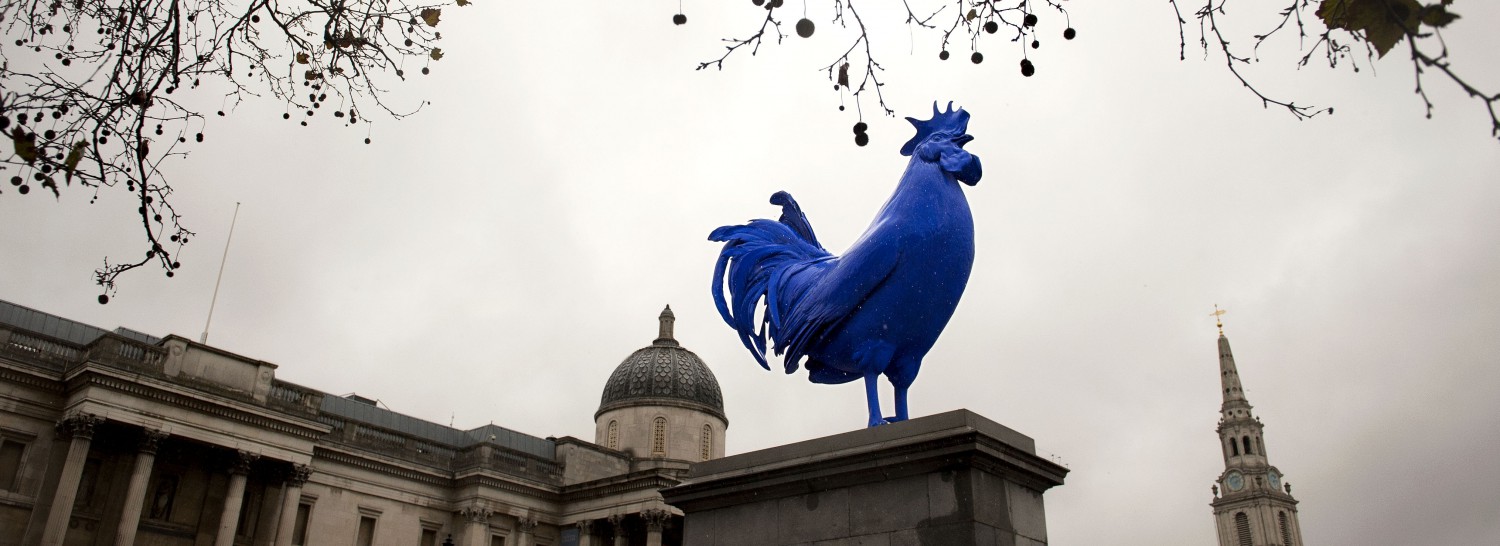Wittgenstein and Musical Formalism: A Case Revisited
24 April 2019, 16:00-18:00, Room 246, Senate House.
Abstract
This paper defends a formalist interpretation of Wittgenstein’s later thought on music by comparing it with Eduard Hanslick’s musical formalism. In doing so, it returns to a disagreement I have had with Bela Szabados who, in his book Wittgenstein as a Philosophical Tone-Poet, claims that the attribution of formalism obscures the role that music played in the development of Wittgenstein’s thought. In the paper, I scrutinize the four arguments Szabados present to defend his claim, pertaining to alleged differences between Wittgenstein and Hanslick on their accounts of theory, beauty, rules, and the broader significance of music. I argue that in each case the similarities between Wittgenstein’s and Hanslick’s respective views outshine possible differences. Ultimately, I argue that instead of rendering music a marginal phenomenon suited for mere entertainment, formalism – as presented by Hanslick and Wittgenstein, whom I read as influenced by Kant’s aesthetics – underscores music’s ability to show fundamental features of reality and our relation to it. Music does this precisely by being treated as a sensuous yet structured medium that is irreducible to any conceptually determined domain.
